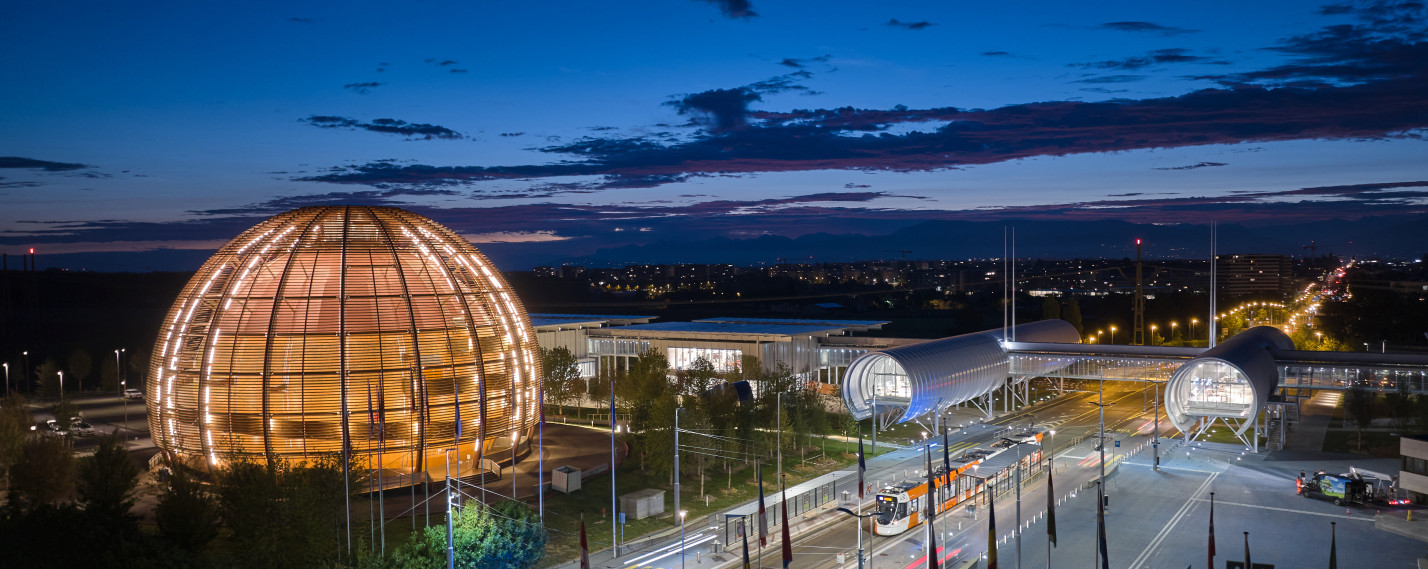Speaker
Description
This study focuses on the time-series prediction problem in beamline simulation for particle linear accelerators, aiming to improve simulation accuracy and computational efficiency by introducing advanced deep learning techniques. We compare and evaluate the performance of several deep learning models, including Multi-Layer Perceptron (MLP), Long Short-Term Memory (LSTM) networks, Transformer architectures and their variants (Decoder-Only), as well as hybrid LSTM-Transformer structures, across various beamline tasks.
The experimental accelerator used in this study is the CAFE2 facility located at the Institute of Modern Physics in Lanzhou, and the selected numerical simulation software is TraceWin.
Experimental results demonstrate that the final model achieves an accuracy of 92.1%, and can complete complex beamline simulations in approximately 0.2 seconds, representing an 400-fold speedup compared to traditional numerical computation methods. This study marks the first application of advanced Attention mechanisms in the numerical regression domain of full beamline simulation, and evaluates their effectiveness in accelerator time-series prediction.
The selected optimal model exhibits superior performance in both accuracy and efficiency, providing a robust solution for accelerator design. Additionally, we conduct a comprehensive comparison of time-series prediction models suitable for accelerators, analyzing the strengths and weaknesses of each model and assessing their applicability to different beamlines. Key factors for selecting the optimal model are summarized, offering valuable insights for future research and development.
This work not only introduces new technical approaches for beamline simulation in particle linear accelerators but also provides a solid theoretical foundation and practical tools for optimizing future accelerator designs. The findings contribute significantly to the field of accelerator physics and pave the way for more efficient and accurate simulation methodologies.
